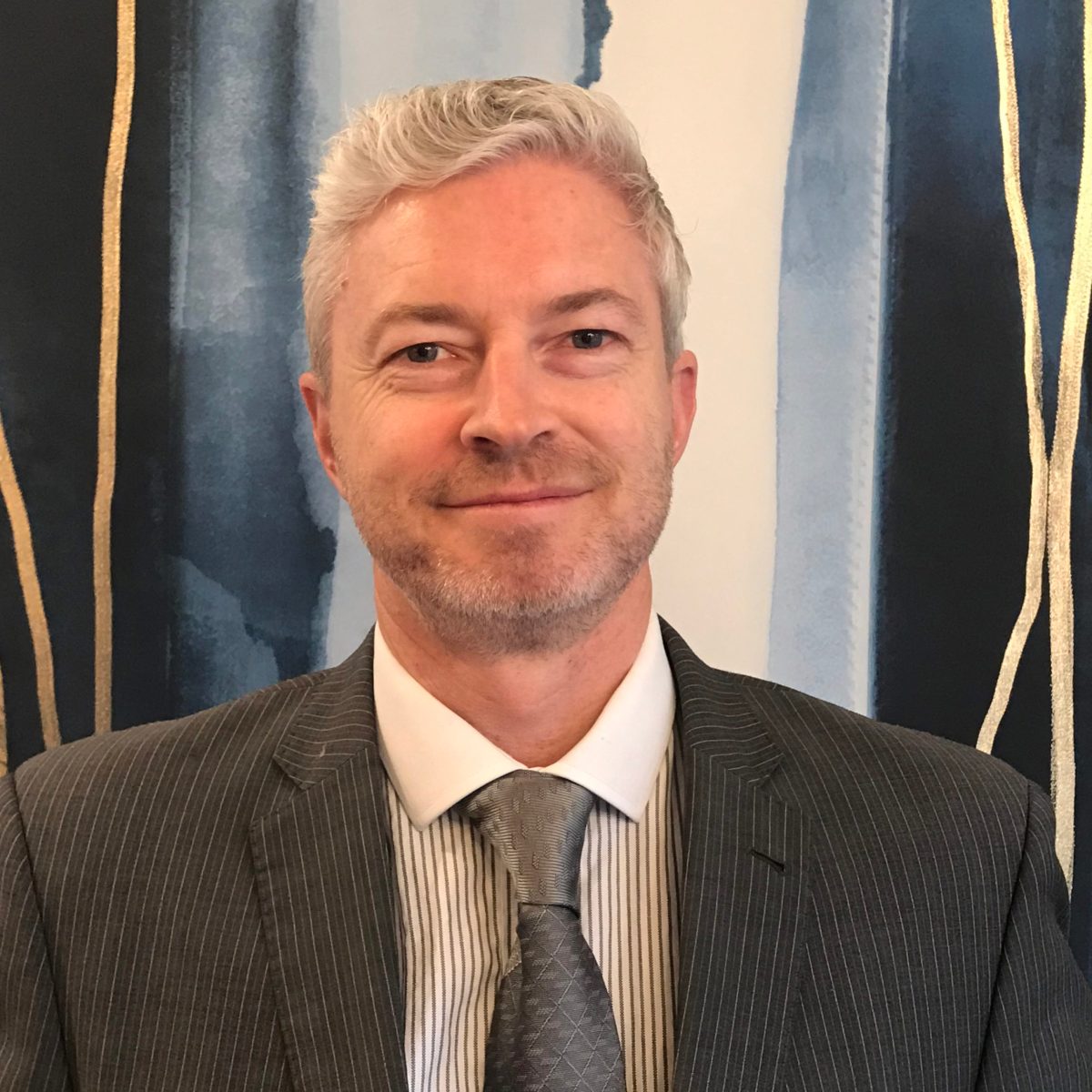Name: Mark Ingram
Role & Organisation: Chief Impact Officer, Brightlight Group
What was your first job?
First casual job: From distant memory I do recall a 6am paper run as a 12 year old back in the day.
First full-time job: I worked for a Japanese ‘sogo-sosha’ large trading company called Kanematsu back in the nineties, largely working on trade links between India/ South East Asia and New Zealand, which, as I think back, was my first encounter with widespread poverty and inequality. Prior to Kanematsu I lived a very sheltered white middle class urban life on Auckland’s North Shore.
When did you know you wanted to work in finance/business?
Perhaps surprisingly given my career, I never wanted to work in finance/ business. For most of my life I have wanted to help people. As a Christian my life purpose is to practically find ways to love others out of gratitude for my Lord and Saviour Jesus Christ – especially ‘the least of these’ (Matthew 25:40). My interest in finance and business is derived from this life purpose.
I’m interested in how we can harness the power of money and markets to transform the poor and marginalised. It is my conviction that business solutions to poverty and marginalisation have the greatest ability to provide scaled solutions to our societal challenges. In a somewhat obscure book in the Old Testament called Leviticus in Chapter 25, we learn that God’s long term solution to poverty was lending, trading, hiring – instruments of the market.
Christians have often overlooked market-based solutions and yet the faith-based investing community is worth hundreds of billions of dollars. There is much work to be done within and outside of this community.
When did you first discover the concept of Impact Investing?
The NGO I founded, Business for Development (B4D), developed a number of inclusive agribusiness projects around the world. An inclusive business benefits poor producers and/or consumers by providing access to markets, services and products in ways that improve their livelihoods, while at the same time being a profitable commercial venture. We brokered several partnerships between large multinational companies and poor farming communities for mutual business benefit across Africa, Asia and the Pacific.
A flagship project called Kwale Cotton (now called “Kwale PAVI”, a farmer-owned cooperative) was created as a partnership between Cotton On Group, the Australian-based multinational apparel company ,and smallholder cotton farmers in Kwale district, Kenya.
At the outset of the program almost a decade ago, these farmers were ultra-poor and shut out from high value markets, earning less than US$2 per day. But, with an off-take assurance from Cotton On in place as loan collateral, Kwale PAVI were able to receive finance to build a ginnery for the farmers via a loan from the International Finance Corporation. This enabled the farmers to export high quality lint to Cotton On-designated factories in Bangladesh for garment manufacture and eventual sale in their retail stores. This value chain first established back in 2012 now serves 10,000 farmers across the county connecting Cotton On and other market partners with female farmers who have at least doubled their income. The project won B4D the World Economic Forum New Vision for Development Award in 2017 alongside the likes of Mastercard, GSK, BT Group and Reuters. It continues to scale and grow today.
What’s one exciting development you and your team have in the pipeline?
Too many to single out just one… if you would indulge me at little…
We have an asset-backed flexible debt financing facility called Te Puna Hapori that is in establishment phase in New Zealand with the first deals to be announced by the end of this year. The strategy finances inclusive community infrastructure assets such as a community hub in the Waikato region which will provide health and education for marginalised Pasifika communities. The strategy is also partnership with a large iwi trust fund to develop a wide range of Maori-owned enterprises that will construct a large number of social and affordable housing units to fill a large gap in the market.
We have a DFAT-sponsored gender-lens social bond issuance coming up in 1Q/22 that will enable Australian investors to allocate capital at market rate to SMEs in South and South East Asia.
Both investment products target large wholesale philanthropy and institutional investors.
What was the most interesting impact deal (from any team across Asia/Pacific) in the past 12 months?
We are structuring a very exciting social impact bond in NSW in partnership with a consortium called Momentum. The pay for outcome structure targets “invisible” aboriginal Australians in regional New South Wales who have no birth certificate or drivers licence and therefore limited access to mainstream services and employment opportunities. The aboriginal-run Momentum partners Pathfinders, ACE Training and Real Futures are totally inspiration. It’s inspiring how much impact can be generated from a relatively modest capital funding base.
What’s your vision for impact investing in 5 years time?
Brightlight exists to transform lives through redemptive and purposeful investing. My vision for the next 5 years is twofold:
- The $50Bn+ wholesale philanthropy sector across Australasia shifts their investment portfolio management settings to enable a much greater allocation of capital in impact investments. For too long trusts and foundations have maintained a dualism between the portfolio performance tasked purely on making a return, and grants distribution focused on creating impact.
- A common agreement on methodology for comparability of beneficiary outcomes – Impact means that someone somewhere should be benefitting …yet as a sector, we seldom spend the time and effort to ensure that there are adequate feedback loops from the beneficiaries and we fail to consider the business benefit of such feedback which should enable continuous improvement of product or service offering and therefore lead to greater commercial and competitive advantage.

